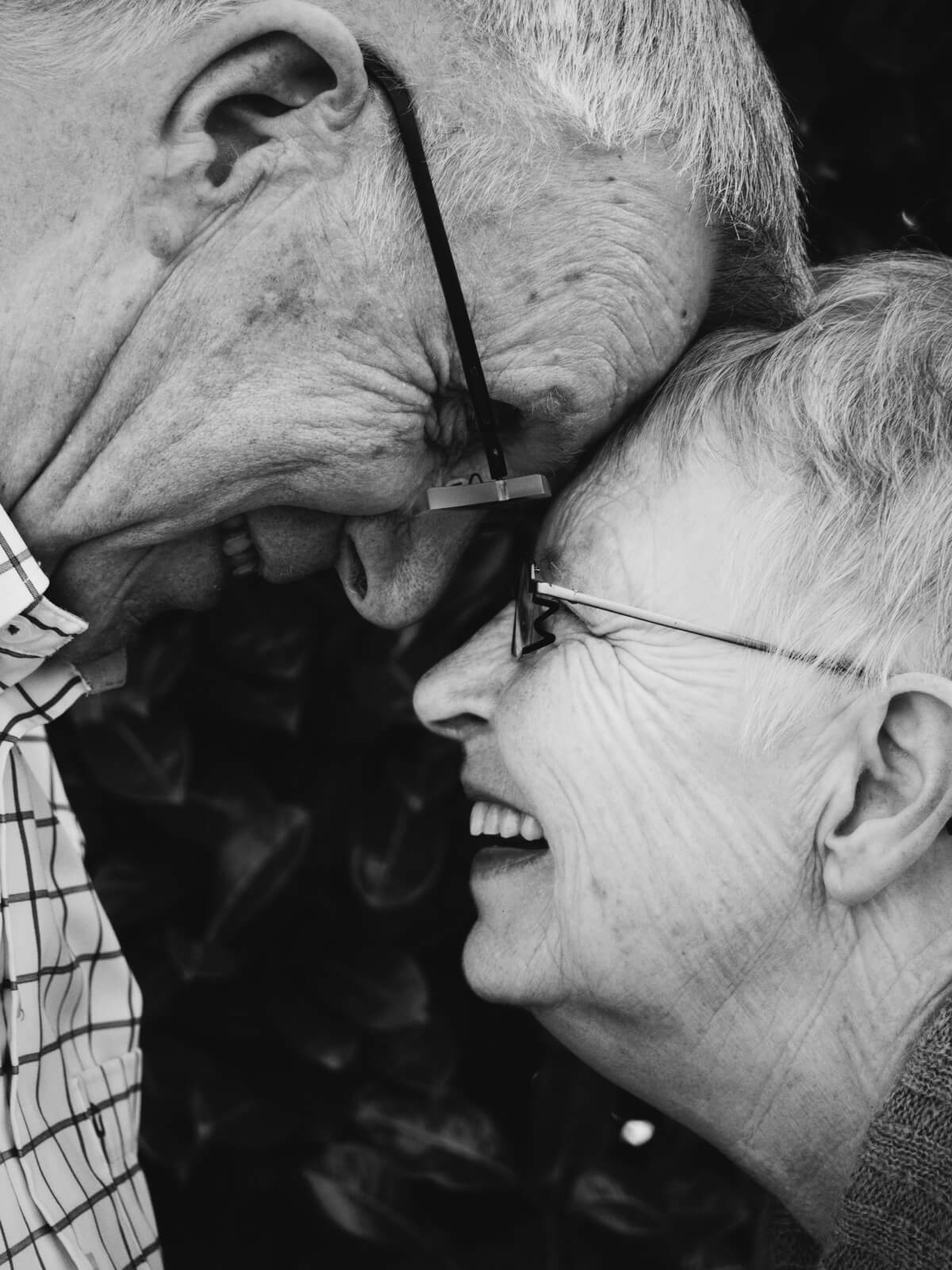Body Care
Has the secret to anti-aging been discovered?
This is from Reuters, who have reported that scientists in Hong Kong appear to have mapped out a formula that can delay the aging process in mice, a discovery they hope to replicate in people.
Their finding, published in the December issue of Cell Metabolism, builds on their work in 2005 which shed light on premature aging, or progeria, a rare genetic disease that affects one in four million babies.
Progeria is obvious in the appearance of a child before it is a year old. Although their mental faculties are normal, they stop growing, lose body fat and suffer from wrinkled skin and hair loss. Like old people, they suffer stiff joints and a build-up of plaque in arteries which can lead to heart disease and stroke. Most die before they are 20 years old.
In that research, the team at the University of Hong Kong found that a mutation in the Lamin A protein, which lines the nucleus in human cells, disrupted the repair process in cells, thus resulting in accelerated aging.
Conversely, in their latest work using both mice and experiments in petri dishes, they found that normal and healthy Lamin A binds to and activates the gene SIRT1, which experts have long associated with longevity.
“We can develop drugs that mimic Lamin A or increase the binding between Lamin A and SIRT1,” Liu Baohua, research assistant professor of biochemistry at the University of Hong Kong, told a news conference on Thursday.
The team went further to see if the binding efficiency between Lamin A and SIRTI would be boosted with resveratrol, a compound found in the skin of red grapes and other fruits which has been touted by some scientists and companies as a way to slow aging or remain healthy as people get older.
Associate professor Zhou Zhongjun, who led the study, said healthy mice fed with concentrated resveratrol fared significantly better than healthy mice not given the compound.
“We actually delayed the onset of aging and extended the healthy lifespan,” Zhou said of the mice.
Asked if their study supported the notion that drinking red wine delays aging and reduces the risk of heart disease, Zhou said the alcohol content in wine would cause harm before any benefit could be derived.
“The amount of resveratrol in red wine is very low and it may not be beneficial. But the alcohol will cause damage to the body,” Zhou said.

 English
English Français
Français
